When it comes to achieving youthful skin, most people focus on external treatments like creams and lotions. However, the key to healthy, glowing skin lies in what you eat. Your diet is crucial for skin health, and the right food choices can help you look younger and more vibrant.
In this blog post, I’ll share how diet affects skin and some tips on eating for beautiful, youthful skin. If you’re dealing with fine lines and wrinkles or want to look healthy and radiant, this guide will help you make the right food choices to do that.
1. Eat a variety of fruits and vegetables.
Fruits and vegetables are rich in vitamins, minerals, and antioxidants. These nutrients can help protect your skin from damage and keep it looking youthful. They also contain fiber, which helps promote healthy digestion. They also eliminate toxins from the body that can contribute to skin issues like acne, uneven texture and dullness.
Different types of fruits and vegetables contain different nutrients, so it’s important to eat a variety of them to ensure that you’re getting a wide range of skin-boosting nutrients. For example, berries are rich in antioxidants like vitamin C, which can help protect your skin from damage caused by free radicals. Leafy greens like spinach and kale are rich in vitamin A, which helps keep skin healthy and promotes cell turnover. Carrots are rich in beta-carotene, which the body converts to vitamin A, and which helps promote healthy skin and reduce the signs of aging.
2. Incorporate healthy fats.
Healthy fats like those found in nuts, seeds, and fatty fish can help keep your skin moisturized and improve its elasticity. They also contain essential fatty acids, which your body needs to maintain healthy cell function and produce new skin cells.
Omega-3 fatty acids, in particular, are extra important for skin health. These fats reduce inflammation which can help clear up skin problems like acne and eczema. They also support the skin’s barrier function which is to keep skin hydrated. This can even skintone and reduce the appearance of fine lines and wrinkles.
Healthy fats also assist with absorption of fat-soluble vitamins like vitamins A, D, and E. These vitmains are important for skin health. Without enough healthy fats in your diet, your body may not be able to absorb these vitamins effectively, which can impact your skin health.
3. Avoid processed foods and sugar.
Processed foods are high in refined carbohydrates and unhealthy fats, which can contribute to inflammation. Chronic inflammation can contribute to skin problems like acne, eczema, and premature aging.
Sugar, in particular, is a major contributor to inflammation and can damage collagen and elastin in the skin. Consuming sugar triggers a process called glycation, which can result in the formation of advanced glycation end products (AGEs) that can damage collagen and elastin. This can lead to wrinkles, sagging skin, and other signs of aging.
Also Read: Is your lifestyle accelerating your aging?
In addition, processed foods and sugar are often lacking in the nutrients that are important for skin health, like vitamins, minerals, and antioxidants. By replacing processed foods and sugar with whole, nutrient-dense foods like fruits, vegetables, and lean proteins, you can provide your body with the nutrients it needs to maintain healthy, vibrant skin.
4. Stay hydrated.
Staying hydrated is important for many reasons, including its impact on skin health. When your body is well-hydrated, your skin is more likely to be supple, smooth, and free of wrinkles. Dehydration, on the other hand, can lead to dry, flaky skin and can make fine lines and wrinkles more noticeable.
Water is essential for skin health, as it helps to flush toxins from the body and improve circulation. This can help reduce inflammation and redness in the skin, while also promoting a more even skin tone. Water also helps to plump up skin cells, which can reduce the appearance of fine lines and wrinkles.
Staying hydrated can also improve the health of your whole body, which has a positive impact on skin. When you’re well-hydrated, your body is better able to deliver nutrients and oxygen to your skin cells, which can help keep your skin looking healthy and radiant.
Also Read: [Recipe] Forever Young Yogurt Bowl
5. Consider collagen supplements.
6. Choose foods rich in antioxidants.
Antioxidants like vitamin C, vitamin E, and beta-carotene can help protect your skin from damage caused by free radicals, which can contribute to aging.
Antioxidants are compounds that help to protect your cells from damage caused by free radicals, which are molecules that can contribute to inflammation, aging, and disease.
When free radicals accumulate in the body, they can damage cells, including skin cells, which can contribute to premature aging, wrinkles, and other skin problems. Antioxidants help to neutralize free radicals, reducing their potential harm and protecting your skin from damage.
Eating a diet rich in antioxidants, which can be found in foods like berries, leafy greens, nuts, and seeds, can help to reduce inflammation in the body, improve circulation, and promote healthy skin. Antioxidants like vitamins A, C, and E, as well as flavonoids and carotenoids, have been shown to have specific benefits for skin health, including improving skin texture, reducing the appearance of fine lines and wrinkles, and protecting against UV damage.
In addition to their impact on skin health, antioxidants have been linked to numerous other health benefits, including a reduced risk of chronic diseases like cancer, heart disease, and Alzheimer’s disease.
7. Limit alcohol and caffeine.
Alcohol and caffeine can dehydrate your skin and contribute to the formation of fine lines and wrinkles. These things can dehydrate your skin, leading to a dull, dry appearance and contributing to the formation of fine lines and wrinkles. Excessive alcohol consumption can also cause inflammation in the body, which can exacerbate skin conditions like acne, rosacea, and eczema.
Caffeine, on the other hand, can interfere with your body’s ability to absorb certain nutrients, like iron and calcium, which are essential for healthy skin. In addition, consuming large amounts of caffeine can lead to dehydration, which can also have negative effects on skin health.
By limiting your intake of alcohol and caffeine, you can help to protect your skin from damage, improve hydration, and reduce inflammation in the body. This can lead to a healthier, more radiant complexion, and may help to prevent or reduce the appearance of fine lines and wrinkles.
In addition to their impact on skin health, limiting your intake of alcohol and caffeine can have other health benefits, including improved digestion, better sleep, and reduced risk of chronic diseases like liver disease, heart disease, and cancer.

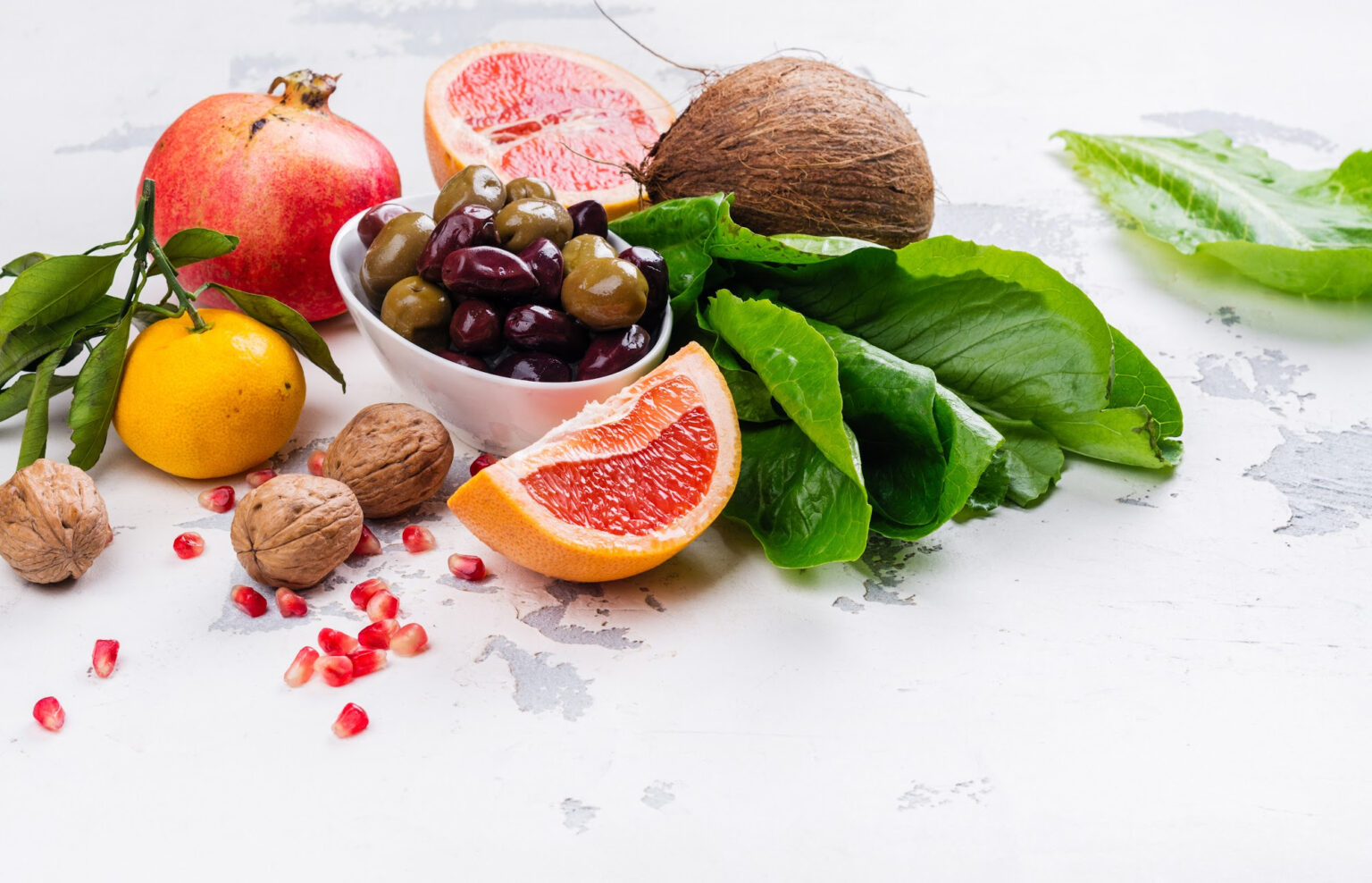
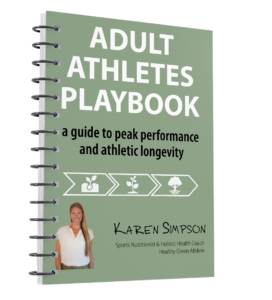



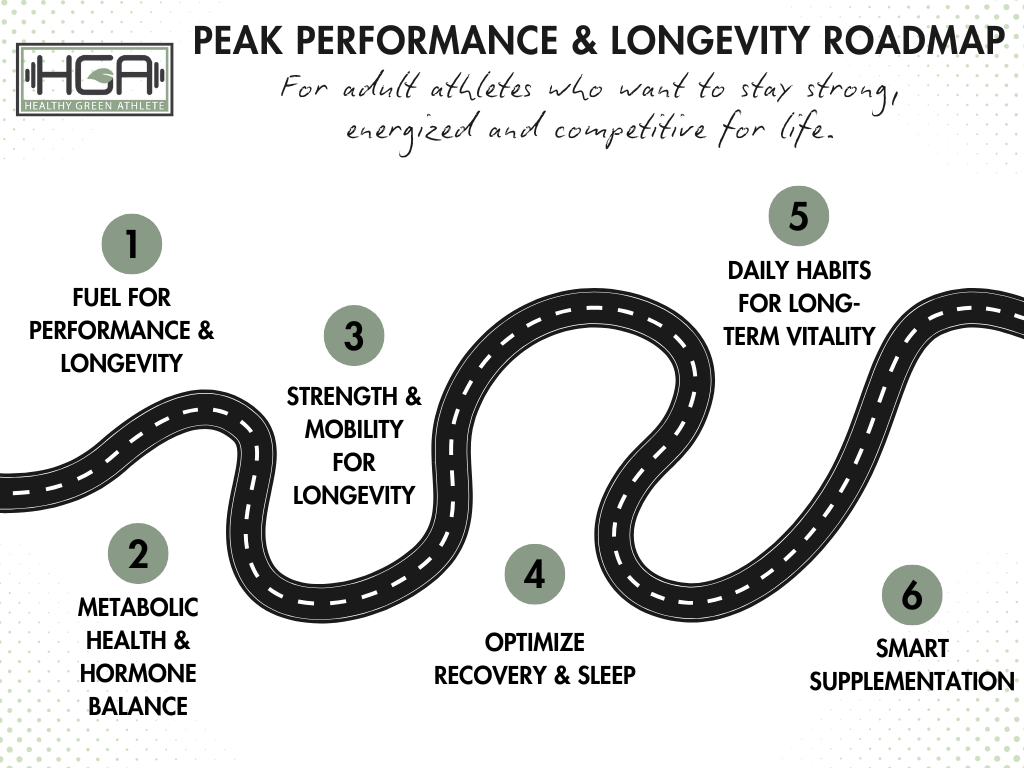


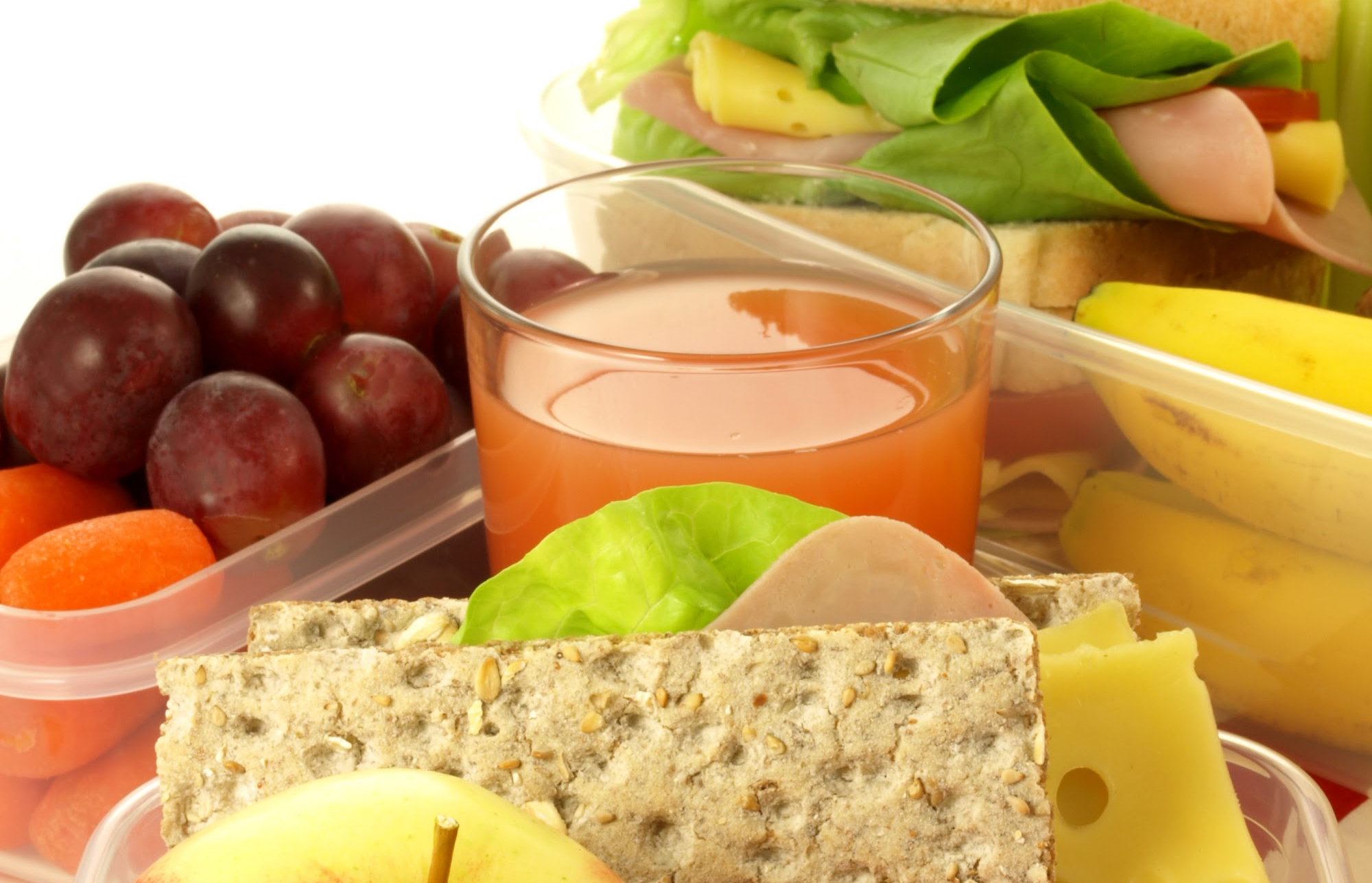
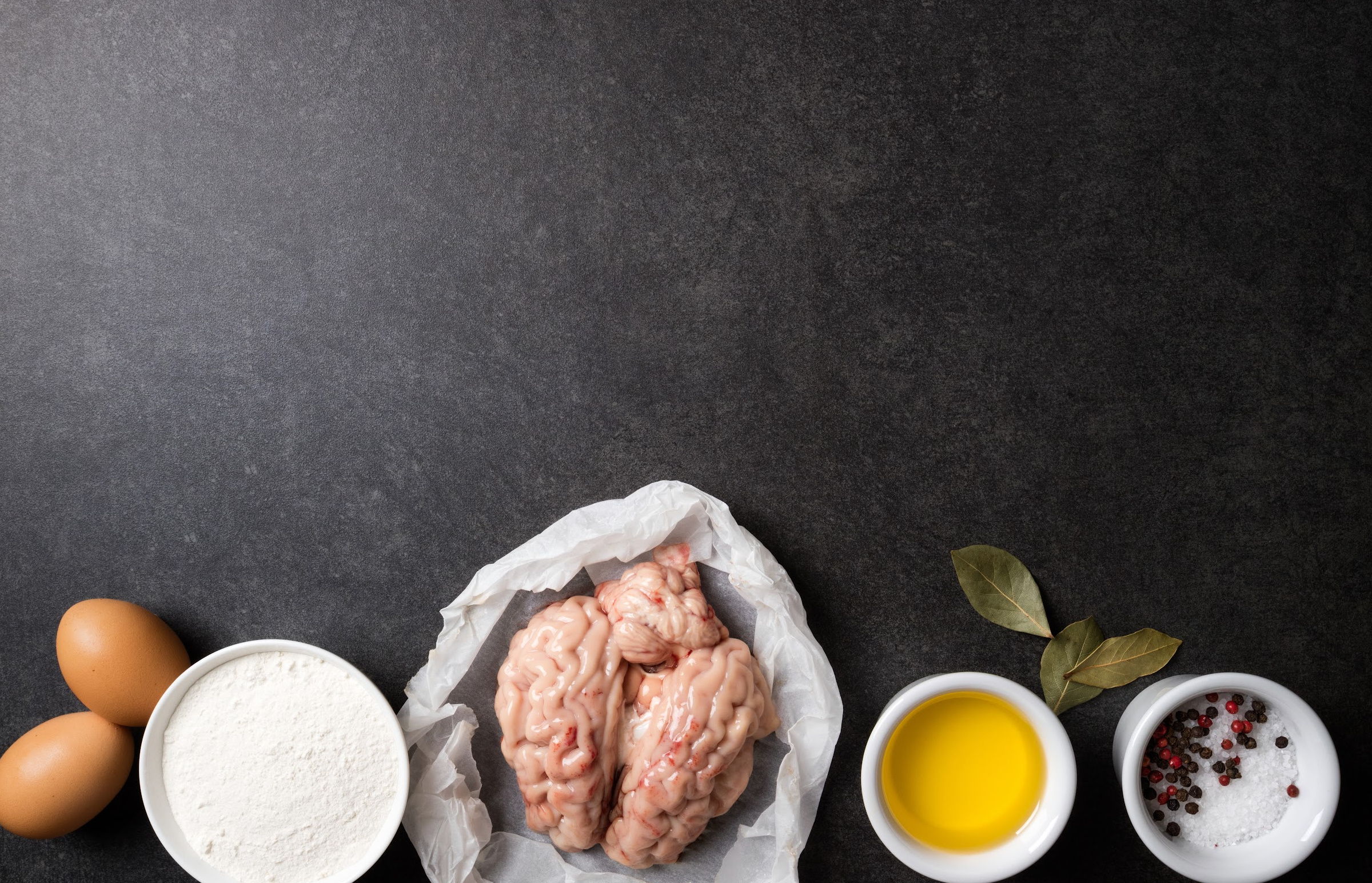
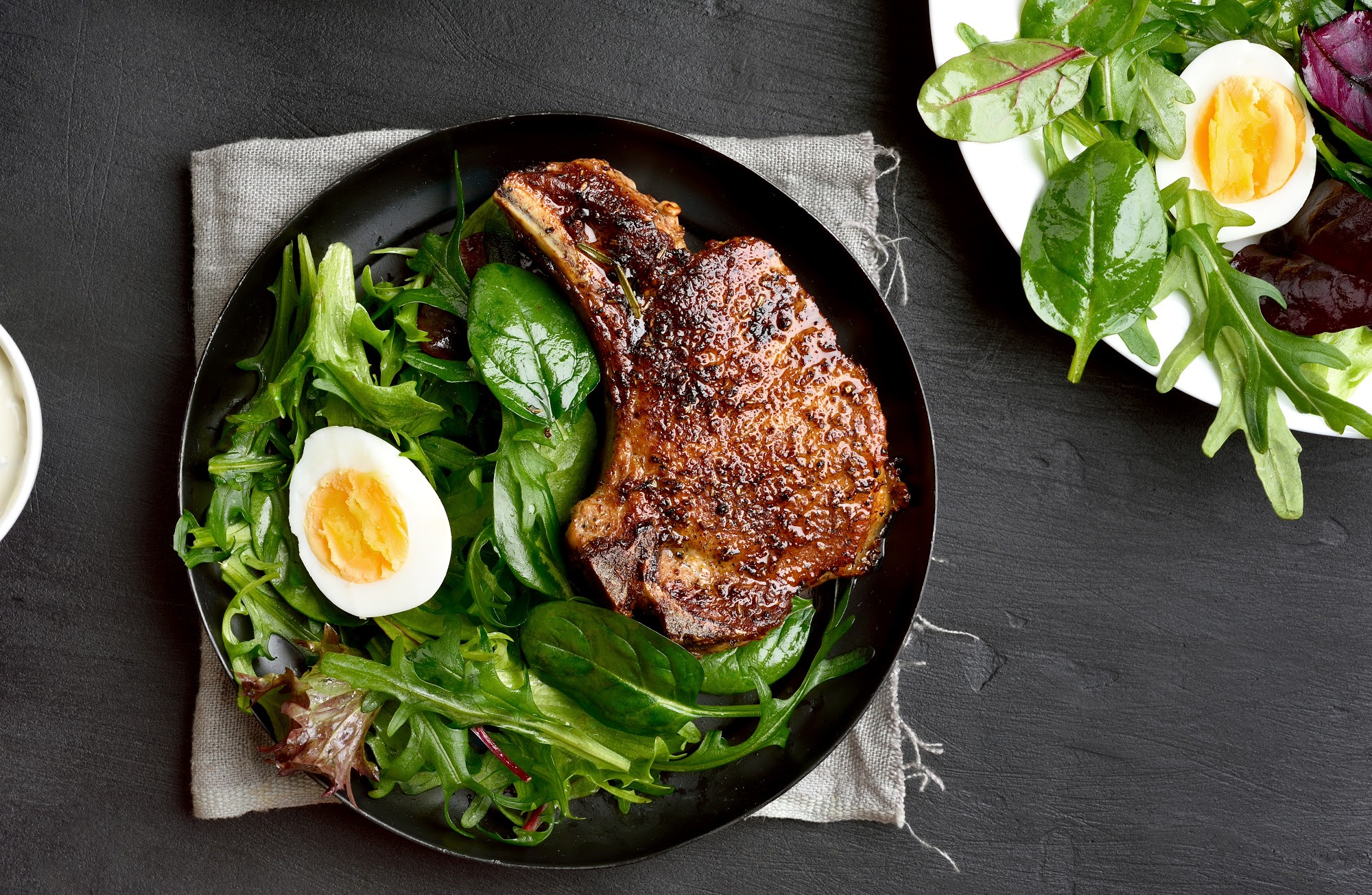

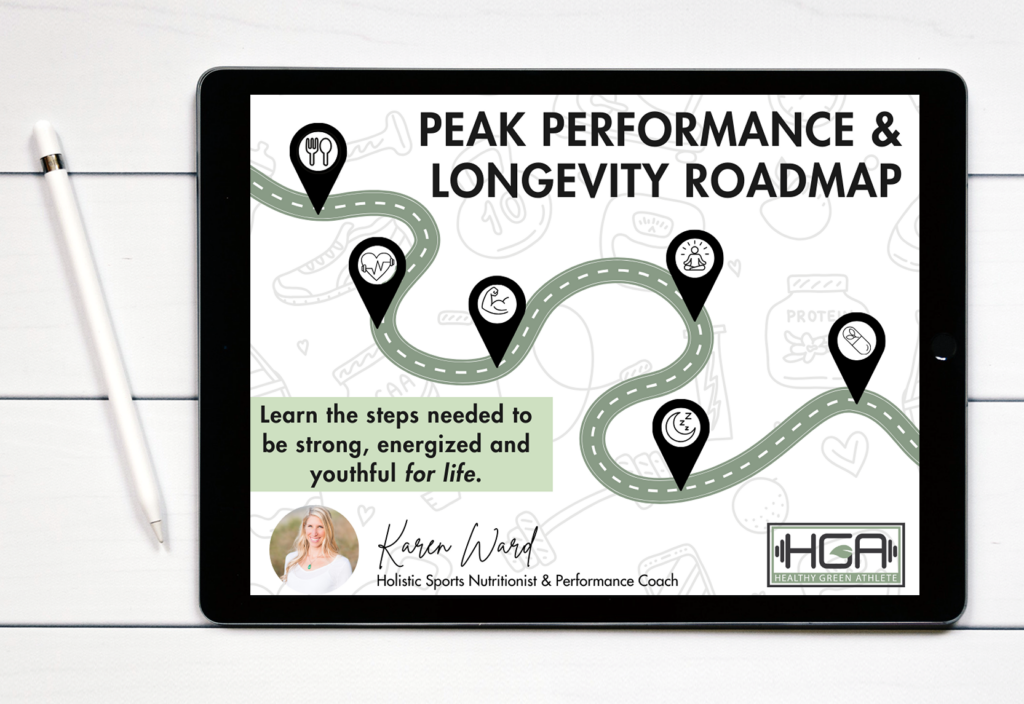
3 Comments
Pingback:
Pingback:
Pingback: